-
 Thanh toán đa dạng, linh hoạtChuyển khoản ngân hàng, thanh toán tại nhà...
Thanh toán đa dạng, linh hoạtChuyển khoản ngân hàng, thanh toán tại nhà... -
 Miễn Phí vận chuyển 53 tỉnh thànhMiễn phí vận chuyển đối với đơn hàng trên 1 triệu
Miễn Phí vận chuyển 53 tỉnh thànhMiễn phí vận chuyển đối với đơn hàng trên 1 triệu -
 Yên Tâm mua sắmHoàn tiền trong vòng 7 ngày...
Yên Tâm mua sắmHoàn tiền trong vòng 7 ngày...

- Publisher:Teachers College Press; 3rd edition (November 1, 2014)
- Language:English
- Spiral-bound:104 pages
- ISBN-10:0807755702
- ISBN-13:978-0807755709
- Reading age:Baby - 2 years
- Item Weight:9.6 ounces
- Dimensions:8.4 x 0.2 x 10.9 inches
- Best Sellers Rank:#16,821 in Books (See Top 100 in Books) #2 in Education Standards #17 in Common Core #67 in Early Childhood Education
- Customer Reviews:4.7 out of 5 stars 845Reviews
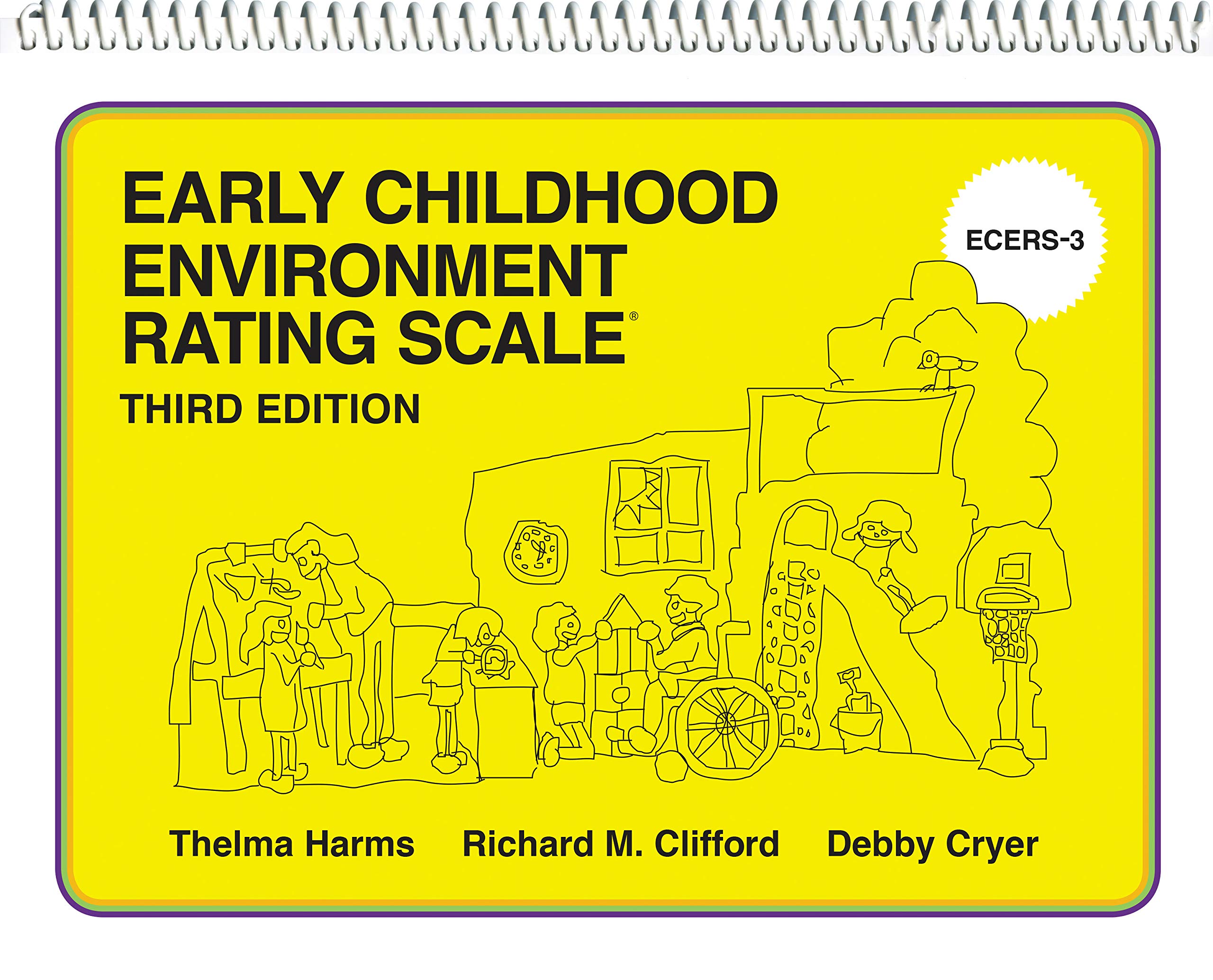
Mô tả sản phẩm
Product Description
The long-anticipated new version of the internationally recognized Early Childhood Environment Rating Scale®, ECERS-3, focuses on the full range of needs of preschool- and kindergarten-aged children. This widely used, comprehensive assessment tool measures both environmental provisions and teacher–child interactions that affect the broad developmental needs of young children, including:
- Cognitive
- Social-emotional
- Physical
- Health and safety
ECERS-3 also includes additional Items assessing developmentally appropriate literacy and math activities.
Designed for preschool, kindergarten, and child care classrooms serving children 3 through 5 years of age, ECERS-3:
- Provides a smooth transition for those already using ECERS-R.
- Emphasizes the role of the teacher in creating an environment conducive to developmental gains.
- Is designed to predict child outcomes more accurately and with greater precision.
- Provides a stronger method of distinguishing between good and truly excellent programs.
- Offers a complete training program with ongoing support available at the Environment Rating Scales Institute (ERSI) website (www.ersi.info).
ECERS-3 is appropriate for state and district-wide QRIS and continuous improvement; program evaluation by directors and supervisors; teacher self-evaluation; monitoring by agency staff; and teacher education. The established reliability and long term evidence of validity of the ERS family of instruments make this new version of ECERS particularly useful for RTTT-ELC accountability and research.
Suitable for use in inclusive and culturally diverse programs, ECERS-3 subscales evaluate:
- Space and Furnishings
- Personal Care Routines
- Language and Literacy
- Learning Activities
- Interaction
- Program Structure
Review
“When EC assessment dollars are tight, a comprehensive tool that identifies a broad range of program strengths and captures critical interactions is the perfect solution. Thanks to the authors for ECERS-3!”
―Janice Carter, Arkansas State University, Childhood Services
“The ECERS-3 builds upon the solid foundation of best practice established in the ECERS-R, incorporating the importance of providing a high quality environment with new items and indicators that emphasize the importance of teacher/child interactions within the environment. The ECERS-3 provides a reliable instrument for teachers, technical assistants, and quality monitors to use to assure that children have experiences and relationships that support total child development.”
―Michele Bossers, retired associate director and ERS project manager of PA Key
Endorsement of the ERS Scales:
“The Environment Rating Scales have proven to be an invaluable resource for assessing the quality of child care classrooms. These comprehensive tools truly allow providers to see classrooms through the eyes of the children they care for and the results obtained offer clear feedback that helps teachers improve and grow.”
―Angela Keyes, Assistant Professor of Psychiatry, Tulane University Director, Quality Start Assessment Team of Louisiana
Review
“When EC assessment dollars are tight, a comprehensive tool that identifies a broad range of program strengths and captures critical interactions is the perfect solution. Thanks to the authors for ECERS-3!”
—Janice Carter, Arkansas State University, Childhood Services
“The ECERS-3 builds upon the solid foundation of best practice established in the ECERS-R, incorporating the importance of providing a high quality environment with new items and indicators that emphasize the importance of teacher/child interactions within the environment. The ECERS-3 provides a reliable instrument for teachers, technical assistants, and quality monitors to use to assure that children have experiences and relationships that support total child development.”
—Michele Bossers, retired associate director and ERS project manager of PA Key
Endorsement of the ERS Scales:
“The Environment Rating Scales have proven to be an invaluable resource for assessing the quality of child care classrooms. These comprehensive tools truly allow providers to see classrooms through the eyes of the children they care for and the results obtained offer clear feedback that helps teachers improve and grow.”
—Angela Keyes, Assistant Professor of Psychiatry, Tulane University Director, Quality Start Assessment Team of Louisiana
About the Author
Thelma Harms, Director of Curriculum Development Emerita, Frank Porter Graham Child Development Institute, University of North Carolina at Chapel Hill.
Dr. Harms is recognized internationally for her work on assessing care and educational programs for children. Her early experience as Head Teacher of the Harold E. Jones Child Study Center, UC Berkeley for 15 years, and her subsequent role as Director of Curriculum Development at the Frank Porter Graham Child Development Institute prepared her to serve as lead co-author of the four Environment Rating Scales (ECERS, ITERS, FCCERS, and SACERS). Much of her recent training and consultation through the Environment Rating Scales Institute (ERSI) has focused on preparing professionals in the use of the scales for research, technical assistance, training, and program assessment in Quality Rating and Improvement Systems (QRIS) and similar quality enhancement projects in the United States and abroad.
Richard M. Clifford, Senior Scientist Emeritus, Frank Porter Graham Child Development Institute, University of North Carolina at Chapel Hill.
Dr. Clifford has written and consulted extensively on child and family policy issues with special emphasis on the role of government in the provision of early childhood services. In addition, he has done research on early learning environments and their impact on young children. He was Principal Investigator on the National Center for Early Development and Learning study of state funded pre-kindergarten programs and Co-Director of the companion SWEEP study. He was also one of the principal investigators on the Cost, Quality and Child Outcomes in Child Care Centers study. He helped establish and served as the first director of the North Carolina Division of Child Development. Dr. Clifford is a past president of the National Association for the Education of Young Children.
Debby Cryer, Scientist Emerita, Frank Porter Graham Child Development Institute, University of North Carolina at Chapel Hill.
Dr. Cryer is now retired from the University and works with the Environment Rating Scales Institute. She was a Principal Investigator for the national study on Cost, Quality and Child Outcomes in Child Care Centers, continued those interests in the European Child Care and Education Study, and has studied the effects of providing continuity of caregiver to infants and toddlers. She is the lead co-author of a curriculum called “All About Preschoolers.” She regularly provides consultation on establishing quality rating and improvement systems. Dr. Cryer frequently lectures, and provides training on the scales, both in the United States and internationally.
- Mua astaxanthin uống có tốt không? Mua ở đâu? 29/10/2018
- Saffron (nhụy hoa nghệ tây) uống như thế nào cho hợp lý? 29/09/2018
- Saffron (nghệ tây) làm đẹp như thế nào? 28/09/2018
- Giải đáp những thắc mắc về viên uống sinh lý Fuji Sumo 14/09/2018
- Công dụng tuyệt vời từ tinh chất tỏi với sức khỏe 12/09/2018
- Mua collagen 82X chính hãng ở đâu? 26/07/2018
- NueGlow mua ở đâu giá chính hãng bao nhiêu? 04/07/2018
- Fucoidan Chính hãng Nhật Bản giá bao nhiêu? 18/05/2018
- Top 5 loại thuốc trị sẹo tốt nhất, hiệu quả với cả sẹo lâu năm 20/03/2018
- Footer chi tiết bài viết 09/03/2018
- Mã vạch không thể phân biệt hàng chính hãng hay hàng giả 10/05/2023
- Thuốc trắng da Ivory Caps chính hãng giá bao nhiêu? Mua ở đâu? 08/12/2022
- Nên thoa kem trắng da body vào lúc nào để đạt hiệu quả cao? 07/12/2022
- Tiêm trắng da toàn thân giá bao nhiêu? Có an toàn không? 06/12/2022
- Top 3 kem dưỡng trắng da được ưa chuộng nhất hiện nay 05/12/2022
- Uống vitamin C có trắng da không? Nên uống như thế nào? 03/12/2022
- [email protected]
- Hotline: 0909977247
- Hotline: 0908897041
- 8h - 17h Từ Thứ 2 - Thứ 7
Đăng ký nhận thông tin qua email để nhận được hàng triệu ưu đãi từ Muathuoctot.com
Tạp chí sức khỏe làm đẹp, Kem chống nắng nào tốt nhất hiện nay Thuoc giam can an toan hiện nay, thuoc collagen, thuoc Dong trung ha thao , thuoc giam can LIC, thuoc shark cartilage thuoc collagen youtheory dau ca omega 3 tot nhat, dong trung ha thao aloha cua my, kem tri seo hieu qua, C ollagen shiseido enriched, và collagen shiseido dạng viên , Collagen de happy ngăn chặn quá trình lão hóa, mua hang tren thuoc virility pills vp-rx tri roi loan cuong duong, vitamin e 400, dieu tri bang thuoc fucoidan, kem chống nhăn vùng mắt, dịch vụ giao hang nhanh nội thành, crest 3d white, fine pure collagen, nên mua collagen shiseido ở đâu, làm sáng mắt, dịch vụ cho thue kho lẻ tại tphcm, thực phẩm tăng cường sinh lý nam, thuoc prenatal bổ sung dinh dưỡng, kem đánh răng crest 3d white, hỗ trợ điều trị tim mạch, thuốc trắng da hiệu quả giúp phục hồi da. thuốc mọc tóc biotin

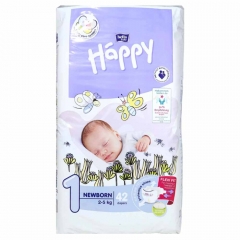
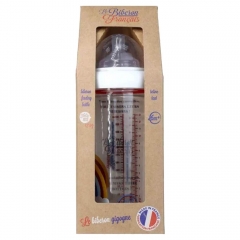
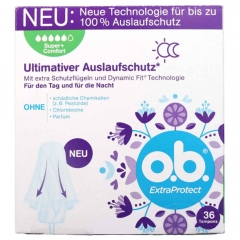



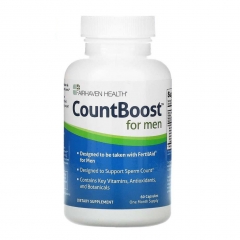
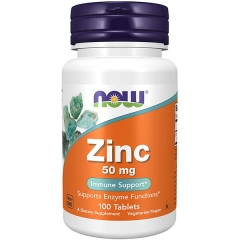
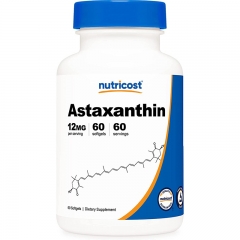


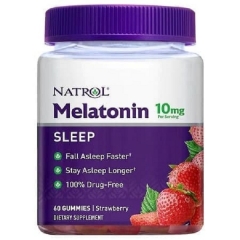



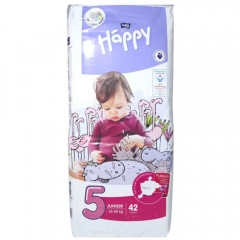







 KHUYẾN MÃI LỚN
KHUYẾN MÃI LỚN Hỗ Trợ Xương Khớp
Hỗ Trợ Xương Khớp Bổ Não & Tăng cường Trí Nhớ
Bổ Não & Tăng cường Trí Nhớ Bổ Sung Collagen & Làm Đẹp
Bổ Sung Collagen & Làm Đẹp Bổ Thận, Mát Gan & Giải Độc
Bổ Thận, Mát Gan & Giải Độc Chăm Sóc Sức khỏe Nam Giới
Chăm Sóc Sức khỏe Nam Giới Chăm Sóc Sức khỏe Nữ Giới
Chăm Sóc Sức khỏe Nữ Giới Chăm sóc Sức khỏe Trẻ Em
Chăm sóc Sức khỏe Trẻ Em Thực Phẩm Giảm Cân, Ăn Kiêng
Thực Phẩm Giảm Cân, Ăn Kiêng Bổ Sung Vitamin & Khoáng Chất
Bổ Sung Vitamin & Khoáng Chất Bổ Tim Mạch, Huyết Áp & Mỡ Máu
Bổ Tim Mạch, Huyết Áp & Mỡ Máu Bổ Mắt & Tăng cường Thị lực
Bổ Mắt & Tăng cường Thị lực Điều Trị Tai Mũi Họng
Điều Trị Tai Mũi Họng Sức Khỏe Hệ Tiêu hóa
Sức Khỏe Hệ Tiêu hóa Chăm Sóc Răng Miệng
Chăm Sóc Răng Miệng Chống Oxy Hóa & Tảo Biển.
Chống Oxy Hóa & Tảo Biển.